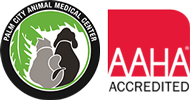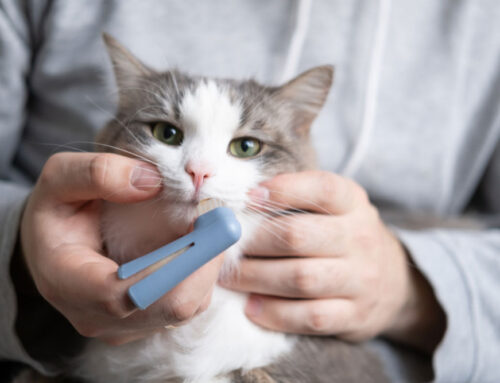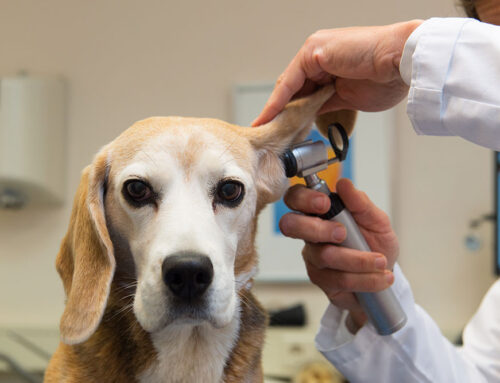When an otherwise healthy dog has a dry, loud, hacking or honking cough, one of the things your veterinarian will consider as the cause is kennel cough.
What is Kennel Cough?
Most people think of Bordetella when they hear the words kennel cough, but Bordetella isn’t the only possible cause. In fact, there are numerous bacterial and viral causes of kennel cough, most of which are indistinguishable based on presentation alone.
Some of the more common causes of kennel cough include: Bordetella, Streptococcus, Mycoplasma, canine parainfluenza virus, canine adenovirus type 1 and type 2, canine distemper virus, canine respiratory coronavirus, canine herpesvirus and canine influenza virus, but there are many, many more.
The cough associated with kennel cough typically lasts one to three weeks. For the majority of dogs, a dry, hacking cough is the only clinical sign. In a small percentage of dogs, typically those that are older or have other illness, the cough may progress to pneumonia; if this occurs, aggressive treatment by your veterinarian may be required.
How is it contracted?
Kennel cough is typically contracted through close contact with an infected dog, or direct contact with a surface where an infected dog has recently left oral, nasal or ocular secretions. Coughing usually starts within five to seven days of exposure. Factors that affect whether or not a dog gets sick includes their vaccination status, previous exposure to the infectious agent, the amount of disease agent they are exposed to, their health status and their age.
How can I prevent it?
The core canine vaccinations will protect your dog against several of the agents that can cause kennel cough, including:
-Bordetella bronchiseptica
-Canine Parainfluenza Virus
-Canine Adenovirus type 2
-Canine Adenovirus type 1
-Canine Distemper Virus
The core vaccinations do a good job of protecting your pet against these specific kennel cough causes; unfortunately, as was discussed above, there are other bacterial and viral causes for which there is no effective vaccination. It is these other causes of kennel cough that help explain why a vaccinated dog can still become sick.
I think my dog has kennel cough, what should I do?
If you think your dog has kennel cough, isolate your dog and contact your veterinarian for instructions. When you arrive at your veterinarian’s clinic, keep your dog outside until clinic staff escorts you and your dog in; kennel cough agents are highly contagious and it is important that it not be spread throughout the clinic. Your veterinarian may prescribe medication to reduce coughing and inflammation; if the cause of the kennel cough is known or suspected, an antibiotic may also be prescribed.
Kennel cough typically resolves within one to three weeks. Your veterinarian will tell you how long your dog needs to be isolated from other dogs. In general, for kennel cough caused by Bordetella, two months isolation is recommended; for all other causes of kennel cough, two weeks isolation is usually sufficient.
Established in 1981, Palm City Animal Medical Center is dedicated to providing the best possible care for your pets. With focuses on compassionate care in surgery, physical therapy and rehabilitation, preventative medicine, extensive diagnostics, and emergency service, Palm City Animal Medical Center combines exceptional medical care with a caring philosophy for pets and their owners. For more information, call 772-283-0920, visit www.palmcityanimalmedicalcenter.com or find us on Facebook at www.facebook.com/PalmCityAnimalClinic








Leave A Comment